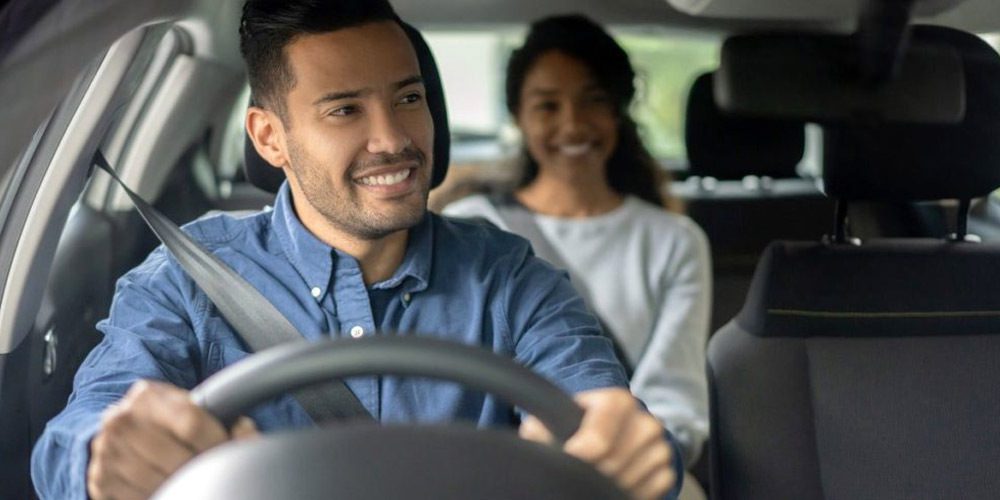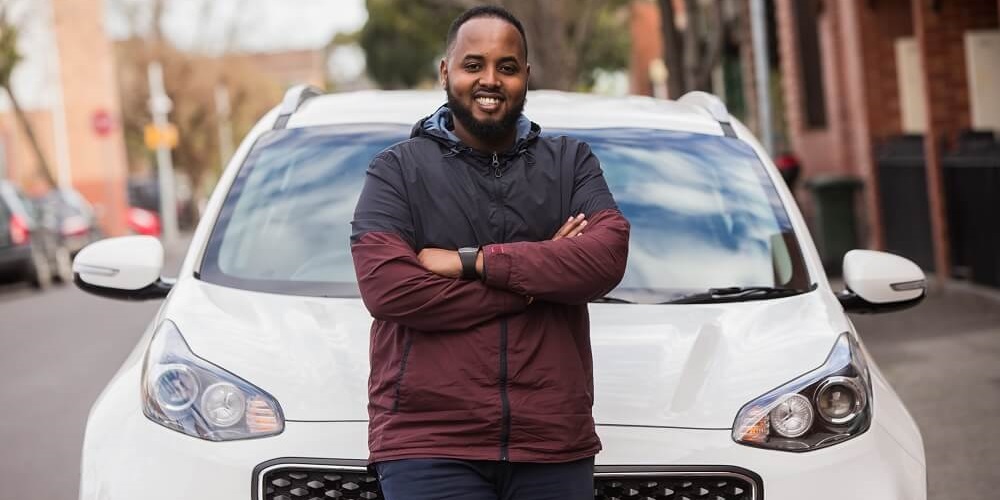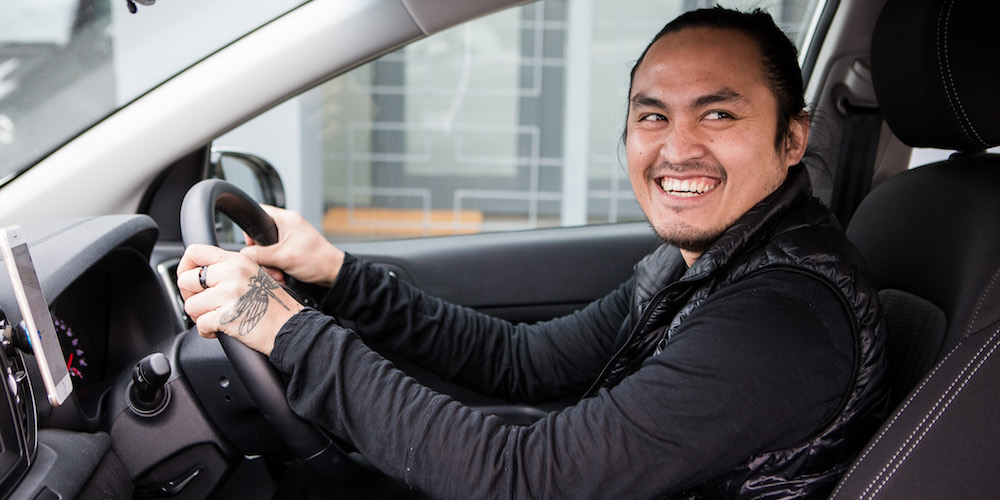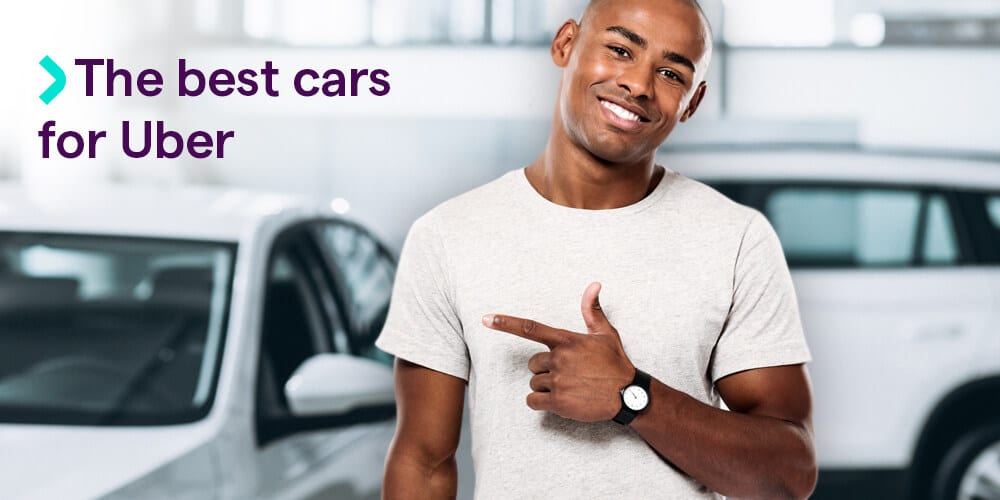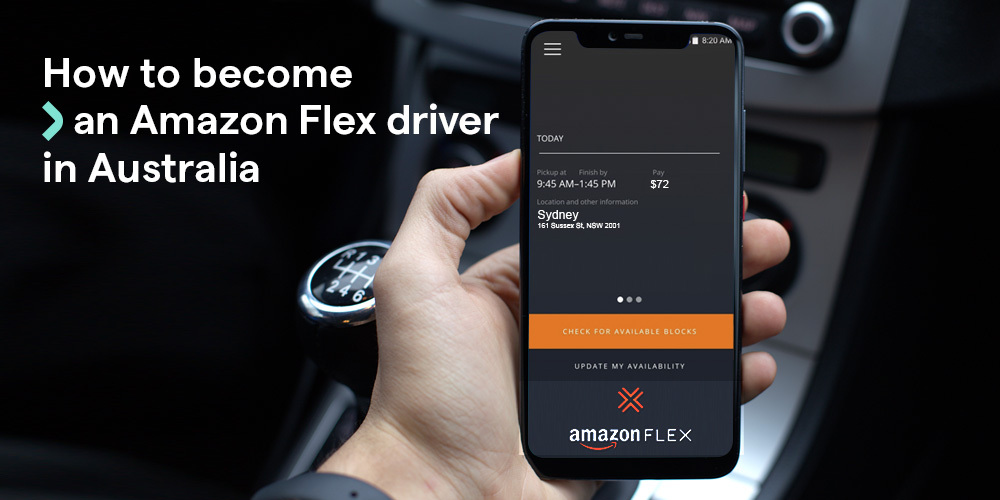Choosing the right vehicle for Uber driving is a challenging task. There’s much to consider — space, practicality, comfort, looks, and, most importantly, running costs. Your monthly income as an Uber driver depends on how much you’re paying for fuel, insurance, and servicing, so it’s worth doing thorough research to find an economical car which fulfils your needs.
Hybrid cars have been popular amongst Australian Uber drivers for their numerous benefits, from fuel efficiency to lower running costs. However, compared to the rest of the world, petrol and diesel cars are still pretty popular in Australia, with many drivers preferring the comfort and convenience these cars offer.
But which one is better for Uber driving? This is a tricky question to answer, as it depends on your preferences when choosing the best Uber car.
Here is what to consider when choosing a petrol-hybrid or an ICE car for Uber driving.
Contents
What are the advantages of driving a petrol-hybrid car for Uber?
Driving a petrol-hybrid isn’t that different from driving a petrol or diesel car, while offering you numerous perks to help you boost your Uber income and thrive on the road:
- Lower fuel consumption – thanks to having an electric motor besides the petrol one, hybrid cars can consume about half as much fuel in combined cycle as a petrol-only car of comparable size and power, meaning you can save up to 50% on fuel costs.
- Perfect for urban driving – unlike petrol cars, hybrids are made for the constant start-stop traffic through the city since they’re recharging every time you hit the brakes, giving you additional power.
- Eligible for Uber Green – driving a hybrid car makes you eligible for Uber Green trips, offering you a competitive advantage over drivers in ICE cars.
- Lower tailpipe emissions – if you’re looking for a car more friendly to the environment but don’t want to struggle with the charging process, hybrid cars are a great alternative offering you the best of both worlds.
- Stronger performance – having an electric motor provides a useful extra amount of power and torque, offering stronger acceleration and throttle response.
- Smooth driving experience – the electric motor is almost completely noiseless and smoother in operation, giving you a safer and unique driving experience.
What are the advantages of driving an ICE car for Uber?
Petrol and diesel cars are a convenient choice for Uber driving, having several unmatched advantages for those on the road every day:
- Affordable models – although hybrid cars are starting to get closer to ICE cars in terms of pricing, petrol and diesel cars still offer the most affordable models on the market.
- Variety of options – while there’s a decent selection of hybrid models available in Australia from all major brands, the variety of petrol and diesel models is unbeatable – sedans, hatchbacks, mini or large SUVs, vans, you can easily find a model to match your needs and budget.
- Suitable for longer distances – while hybrids perform best in the city, a petrol or diesel car is more suitable for your needs if you’re among the Uber drivers preferring longer distance rides. They can be pretty frugal on the open road and perform better for longer distances.
- Sportier feel – petrol cars especially have better acceleration and lighter engines, giving the car a sportier feel.
Before buying a petrol or diesel car, it’s worth considering their future is uncertain. While their availability in Australia is still high, this might change over the next decade. For instance, the ACT will ban the sale of new petrol and diesel cars from 2035, and other states might follow the lead.
What are the best petrol-hybrid cars for Uber?
The ideal hybrid cars for Uber driving combine fuel efficiency, low servicing costs, plenty of space and comfort and affordable insurance. Here are our hybrid cars recommendations as rideshare specialists.
Haval Jolion Lux Hybrid

The modern Haval Jolion Lux Hybrid SUV is a great choice for Uber driving, being a perfect combination of luxury features, economical driving and outstanding performance without the hefty price tag.
- Fuel economy (combined) – 5L/100km
- Total weekly fuel costs – $95*
- Boot space – 390 litres
- Key features – Keyless Entry, Leather Steering Wheel, Roof Rails, Rear Privacy Glass, Heated & Power Adjustable Seats and Mirrors
- Price – From $365 per week
*Calculated with an average petrol price of $1.90/litre for 1,000 km driven per week.
Toyota Yaris Cross GX Hybrid

Frugal on fuel, easy to manoeuvre through the city traffic and a breeze to park without compromising on power, the Toyota Yaris Cross Hybrid is an ideal choice for Uber driving.
- Fuel economy (combined) – 3.8L/100km
- Distance travelled on a full tank – 947 km
- Total weekly fuel costs – $72,2*
- Boot space – 390 litres
- Key features – Toyota Safety Sense system, Smart Keyless Entry, Reversing Camera, Automatic Climate Control
- Price – From $390 per week
*Calculated with an average petrol price of $1.90/litre for 1,000 km driven per week.
Toyota Camry Hybrid

The most advanced Camry yet, the Toyota Camry Hybrid has quickly become an Uber favourite thanks to its generous space, fuel efficiency, huge boot and advanced safety features.
- Fuel economy (combined) – 4.7L/100km
- Distance travelled on a full tank – 1,024 km
- Total weekly fuel costs – $89,3*
- Boot space – 524 litres
- Key features – Smart Entry and Start system, Reversing camera, Electronic Park Brake, Speed-sensing Auto-door locks
- Price – From $399 per week
*Calculated with an average petrol price of $1.90/litre for 1,000 km driven per week.
What are the best petrol cars for Uber?
Although hybrid and electric cars have gained popularity among Uber drivers in recent years, petrol cars continue to be popular due to their instant availability, good power-to-weight ratio, long-range, and solid fuel and service infrastructure.
Here are our recommendations for Uber-ready petrol cars.
Chery Omoda 5 BX

The perfect sentence to describe this compact SUV is luxury at an affordable price. The Chery Omoda 5 BX stands out among Uber drivers through its premium leather interior, smart technology and meeting the highest safety standards.
- Fuel consumption – 6.9L/100km
- Total weekly fuel costs – $131,1*
- Boot space – 360 litres
- Key features – Remote Engine Start, 5-star Safety Features, Advanced Driving Assistance System, Voice Control, Wireless Smartphone Charger
- Price – From $329 per week
*Calculated with an average petrol price of $1.90/litre for 1,000 km driven per week.
Hyundai Tucson

With a futuristic design and technology, impressive storage space, extra legroom and a top-notch interior, the Hyundai Tucson deserves its popularity among Uber drivers.
- Fuel consumption – 8.1L/100km
- Total weekly fuel costs – $154*
- Boot space – 539 litres
- Key features – Rearview Camera, Heated Exterior Mirrors, Rear Parking Sensors, Wireless Phone Charger, Hidden Rear Wiper with Auto Swipe
- Price – From $360 per week
*Calculated with an average petrol price of $1.90/litre for 1,000 km driven per week.
Mitsubishi Outlander ES 7-seat

If you’re looking for a car eligible for Uber XL as well, you couldn’t pick better than the 7-seater Mitsubishi Outlander ES, with impressive fuel consumption, a smart seating system and plenty of storage space left.
- Fuel consumption – 7.2L/100km
- Total weekly fuel costs – $136,8*
- Boot space – 163 litres with third-row seats in place/ 478 litres with third-row seats folded
- Key features – Traction & stability control, Automatic climate control, Cruise control, reversing camera
- Price – From $390 per week
*Calculated with an average petrol price of $1.90/litre for 1,000 km driven per week.
About Splend
We enable people to make money by driving for on-demand apps such as Uber.
We’re more than a car subscription provider. In addition to new-model cars and all the essentials to start earning money with Uber as quickly as possible, our customers enjoy driver training and dedicated support, as well as customer benefits such as partner discounts and exclusive events.
For more information about Splend, make an appointment and drop by to your local Splend Hub, email us, or say hello on 1800 775 363.


